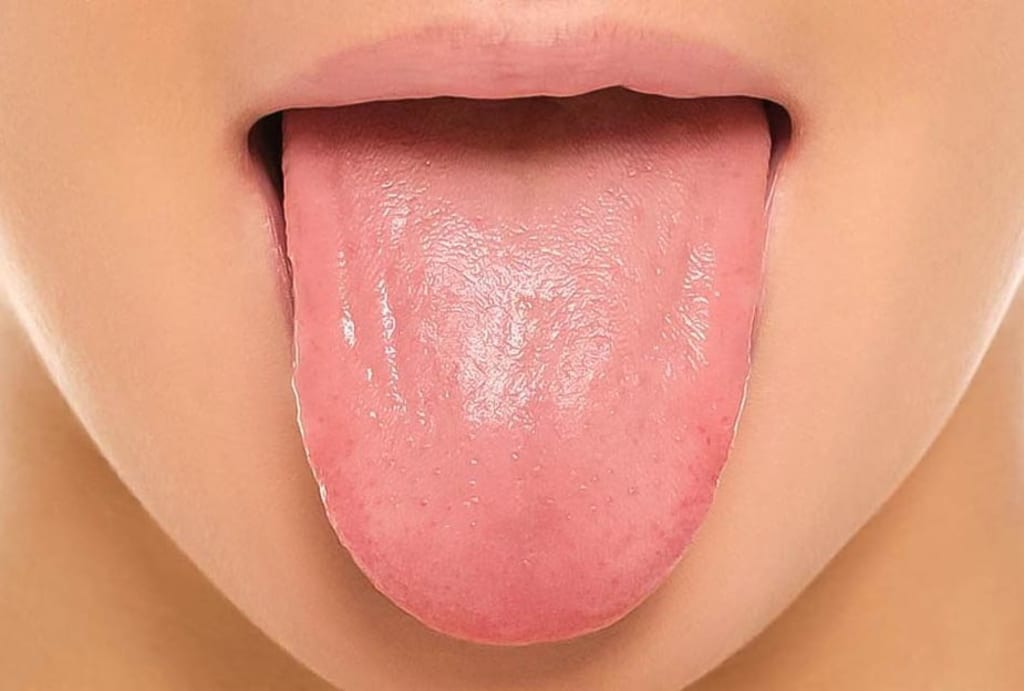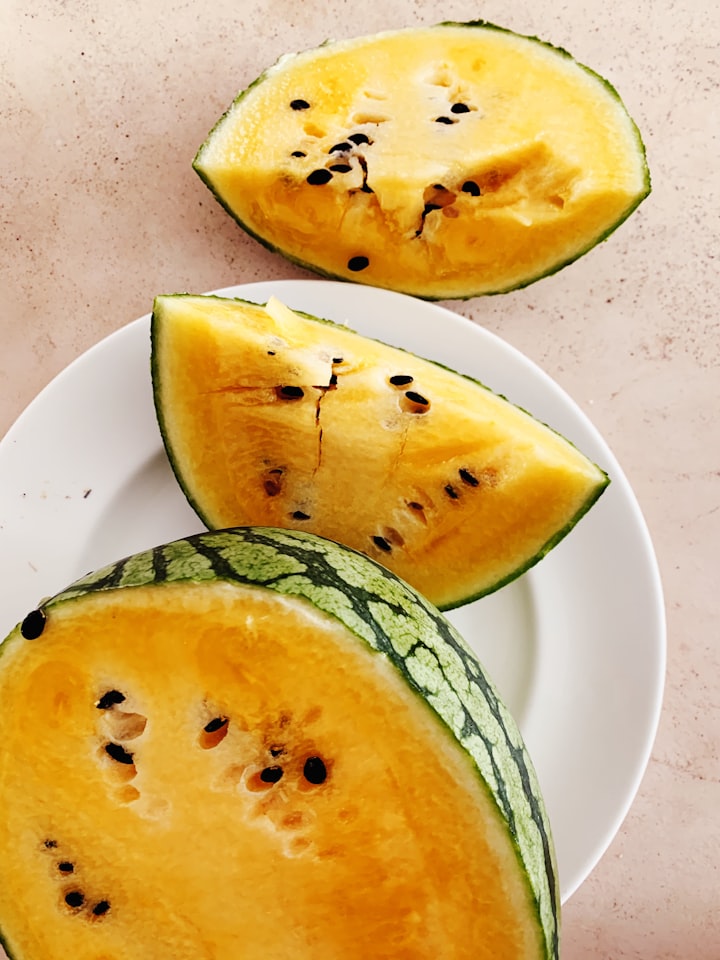What Your Tongue Can Tell You About Your Health
Understanding the Signs and Symptoms Revealed by Your Tongue

Introduction
The tongue is a small yet powerful organ that plays a vital role in our daily lives. It helps us taste, chew, swallow, and speak. However, did you know that your tongue can also provide clues about your overall health? In this article, we will explore what your tongue can tell you about your health and what you can do to keep it healthy.
Anatomy of the Tongue
Before we delve into the health implications of the tongue, let's first understand its anatomy. The tongue is a muscular organ located in the oral cavity. It is covered with papillae, which are small bumps that contain taste buds. The tongue is also covered with a mucous membrane that helps protect it from damage and infection.
Normal Appearance of the Tongue
A healthy tongue should be pink, moist, and free of any bumps or sores. The surface should be smooth and the papillae should be evenly distributed. If your tongue looks different from this, it could be a sign of an underlying health issue.
Signs Your Tongue is Telling You Something
White Coating - A white coating on the tongue could be a sign of an overgrowth of yeast or bacteria, which can be caused by poor oral hygiene, antibiotics, or a weakened immune system.
Redness - A bright red tongue could be a sign of a vitamin deficiency, such as vitamin B12 or folic acid.
Bumps or Sores - Bumps or sores on the tongue could be a sign of a viral or bacterial infection, a fungal infection, or even oral cancer.
Cracks - Cracks or fissures on the tongue could be a sign of a nutritional deficiency or an autoimmune disorder.
Smooth Tongue - A smooth tongue could be a sign of a vitamin deficiency, such as iron or vitamin B12.
Geographic Tongue - A geographic tongue is a condition where the surface of the tongue appears to have a map-like pattern. It is usually harmless, but it can be a sign of an underlying health issue, such as a thyroid disorder or a food allergy.
How to Keep Your Tongue Healthy
Practice Good Oral Hygiene - Brush your teeth twice a day and floss daily. Use a tongue scraper to remove any bacteria or debris from your tongue.
Stay Hydrated - Drinking plenty of water can help keep your tongue moist and prevent dry mouth.
Avoid Tobacco and Alcohol - Tobacco and alcohol can cause dry mouth and increase the risk of oral cancer.
Eat a Balanced Diet - A balanced diet that includes plenty of fruits, vegetables, and lean protein can help keep your tongue healthy and prevent nutritional deficiencies.
Visit Your Dentist Regularly - Your dentist can examine your tongue and oral cavity for any signs of disease or infection.
Conclusion
Your tongue can provide valuable information about your overall health. By paying attention to its appearance and practicing good oral hygiene, you can keep it healthy and prevent potential health issues. If you notice any changes in your tongue's appearance, it is important to speak with your healthcare provider.
FAQs
Can a white coating on the tongue be a sign of a serious health condition?
While a white coating on the tongue can be a sign of an overgrowth of yeast or bacteria, it is not necessarily a sign of a serious health condition. However, it is important to speak with your healthcare provider if you notice any changes in your tongue's appearance.
Is a geographic tongue contagious?
No, a geographic tongue is not contagious.
Can a smooth tongue be a sign of cancer?
A smooth tongue can be a sign of a vitamin deficiency, but it is not necessarily a sign of cancer. However, if you notice any changes in your tongue's appearance, it is important to speak with your healthcare provider to rule out any potential health issues.
How often should I visit my dentist to ensure the health of my tongue?
It is recommended to visit your dentist at least twice a year for regular check-ups and cleanings. Your dentist can examine your tongue and oral cavity for any signs of disease or infection and provide guidance on how to maintain good oral health.
Can a healthy tongue help prevent bad breath?
Yes, maintaining good oral hygiene and keeping your tongue clean can help prevent bad breath. Bacteria on the tongue can contribute to bad breath, so practicing good oral hygiene and using a tongue scraper can help eliminate this issue.
Conclusion:
Your tongue is a vital organ that can reveal a lot about your overall health. Changes in its color, texture, and appearance can indicate various health issues that require attention. Maintaining good oral hygiene, eating a healthy diet, and regularly visiting your dentist are key steps to ensuring the health of your tongue and preventing potential health problems.
By paying attention to the signals your tongue is sending, you can gain important insights into your overall health and take proactive steps to maintain a healthy lifestyle.
FAQs:
Can smoking affect the appearance of my tongue?
Yes, smoking can cause discoloration and changes in the texture of your tongue, as well as increase your risk of oral cancer.
Can I use a toothbrush to clean my tongue?
While a toothbrush can help remove some bacteria from your tongue, it is not as effective as a tongue scraper, which is specifically designed to remove bacteria and debris from the surface of the tongue.
Can my diet affect the health of my tongue?
Yes, a diet high in sugar and processed foods can contribute to bacterial growth in the mouth and increase the risk of oral health issues such as gum disease and tooth decay.
Are there any natural remedies to improve the health of my tongue?
Yes, consuming probiotic-rich foods such as yogurt and kefir, as well as incorporating herbs such as sage and thyme into your diet, can help improve the health of your tongue and oral cavity.
How long does it take for changes in my tongue's appearance to indicate a potential health problem?
It varies depending on the underlying cause, but any persistent changes in the appearance of your tongue should be evaluated by a healthcare professional.





Comments
There are no comments for this story
Be the first to respond and start the conversation.